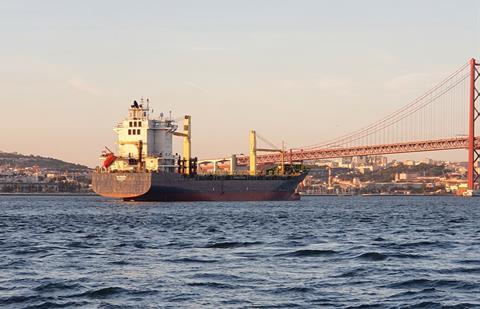The International Chamber of Shipping (ICS) has put forward a comprehensive proposal for a global levy on carbon emissions from ships.

ICS, which represents the world’s national shipowner associations and more than 80 percent of the merchant fleet, presented to the United Nations (UN) calling for an internationally accepted market-based measure to accelerate the uptake and deployment of zero-carbon fuels.
According to papers handed to the International Maritime Organization (IMO), the levy would be based on mandatory contributions by ships trading globally, exceeding 5,000 gross tonnes, for each tonne of CO2 emitted. The money would go into an ‘IMO Climate Fund’ which, as well as closing the price gap between zero-carbon and conventional fuels, would be used to deploy the bunkering infrastructure required in ports throughout the world to supply fuels such as hydrogen and ammonia, ensuring consistency in the industry’s green transition for both developed and developing economies.
ICS said that the industry is desperate to see zero-carbon ships brought to the water by shipyards by 2030. However, at current rates of production, zero-carbon fuels are not commercially available at the scale needed for the global fleet. The carbon levy is intended to expedite the creation of a market that makes zero emission shipping viable.
Guy Platten, secretary general of ICS, commented: “What shipping needs is a truly global market-based measure like this that will reduce the price gap between zero-carbon fuels and conventional fuels.
“The rapid development of such a mechanism is now a vital necessity if governments are to match actions with rhetoric and demonstrate continued leadership for the decarbonisation of shipping.
“There’s no question that improvements in technology can enable the transition to zero-emission shipping. However, huge leaps must still be taken if we’re to achieve the readiness levels needed for deployment at scale. This includes building the necessary infrastructure to support such as transition.
“We need to be able to put zero-emission ships in the water by 2030 without challenging price and safety issues. If the IMO lends it’s backing to our proposal, then we may yet be able to change this and deploy technologies economically and equitably.”
















